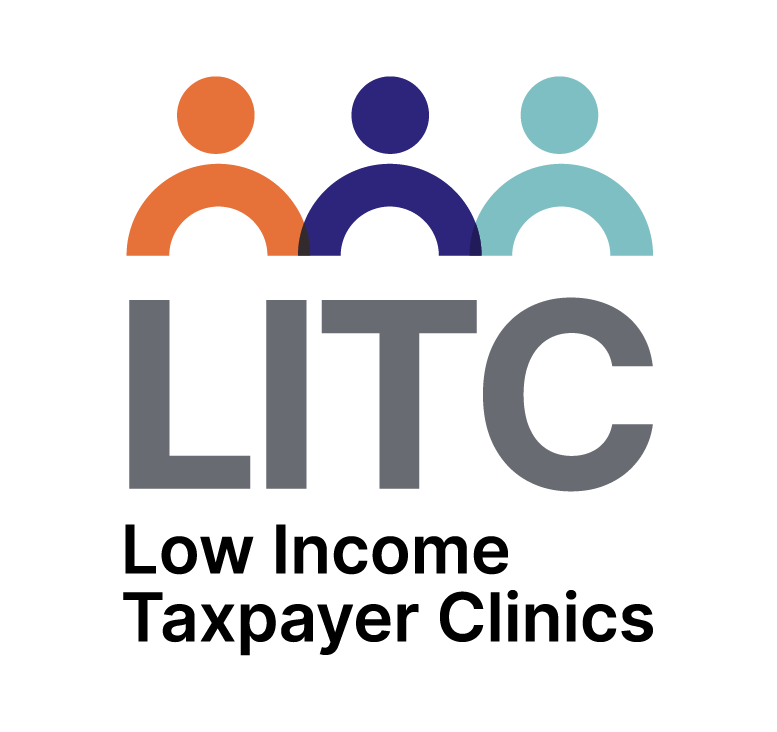Low Income Taxpayer Clinics (LITC)
Low Income Taxpayer Clinics (LITC) assist low-income individuals who have a tax dispute with the IRS, and provide education and outreach to individuals who speak English as a second language (ESL).
Low Income Taxpayer Clinics (LITC) assist low-income individuals who have a tax dispute with the IRS, and provide education and outreach to individuals who speak English as a second language (ESL).

LITCs are independent from the IRS and the Taxpayer Advocate Service (TAS). LITCs represent individuals whose income is below a certain level and who need to resolve tax problems with the IRS. LITCs can represent taxpayers in audits, appeals, and tax collection disputes before the IRS and in court. LITCs can also help taxpayers respond to IRS notices and correct account problems. In addition, LITCs can provide information about taxpayer rights and responsibilities in different languages for individuals who speak English as a second language. Services are offered for free or a small fee.
Clinics participating in the LITC Program ensure the fairness and integrity of the tax system for taxpayers who are low-income or speak English as a second Language (ESL) by:
LITCs can represent you before the IRS or in court on audits, appeals, tax collection matters, and other tax disputes. Services are provided for free or for a small fee.
In order to qualify for assistance from an LITC, generally a taxpayer’s income must be below a certain threshold, and the amount in dispute with the IRS is usually less than $50,000.
Although LITCs receive partial funding from the IRS, LITCs, their employees, and their volunteers are completely independent of the IRS.
In 2023, LITC represented nearly 20,000 taxpayers, educated over 140,000 taxpayers and service providers, helped secure over $10 million in refunds and decrease or correct over $41 million in tax liabilities. Consider joining the LITC community, made up of independent clinics who network and collaborate on representation projects, educational activities, outreach strategies, and advocacy issues impacting groups of taxpayers.
If you are a low-income taxpayer who needs assistance in resolving a tax dispute with the IRS and you cannot afford representation, or if you speak English as a second language and need help understanding your taxpayer rights and responsibilities, you may qualify for help from a Low Income Taxpayer Clinic (LITC) that provides free or low cost assistance.
For the 2025 calendar year, the income ceilings (250% of Poverty Guidelines) for low-income representation are shown below. Each clinic will decide if you meet the income guidelines and other criteria before it agrees to represent you.
| Size of Family | 48 Contiguous States, and D.C. |
Alaska | Hawaii |
| 1 | $ 39,125 | $ 48,875 | $ 44,975 |
| 2 | $ 52,875 | $ 66,075 | $ 60,800 |
| 3 | $ 66,625 | $ 83,275 | $ 76,625 |
| 4 | $ 80,375 | $ 100,475 | $ 92,450 |
| 5 | $ 94,125 | $ 117,675 | $ 108,275 |
| 6 | $ 107,875 | $ 134,875 | $ 124,100 |
| 7 | $ 121,625 | $ 152,075 | $ 139,925 |
| 8 | $ 135,375 | $ 169,275 | $ 155,750 |
| For each additional person, add |
$ 13,750 | $ 17,200 | $ 15,825 |